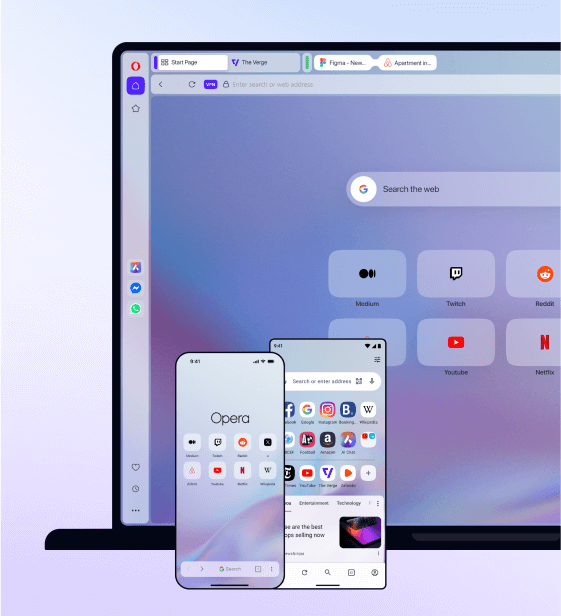Is email dead?

Over the past few years, we’ve been reading in article headlines and community discussions that email will die out by 2020, entirely replaced by social networks, messengers and team-collaboration tools. However, it’s possible these reports of email’s demise could be premature. Here’s why:
Billions of emails, and counting
According to a recent research by the Radicati group, 205 billion emails are sent worldwide every day. The overall number of registered email accounts exceeded 4.3 billion in 2015. This is 6% higher than last year. After all, it seems email rates are growing instead of dying!
Mobile email on the rise
In all, 50% of emails are opened on mobile, reported Litmus, a company specializing in email analytics. Compare this to 2011, when the mobile email share was as low as 8%. I think this growth is well synced with the smartphone boom and the need to stay connected on the go.
How to manage email better
Since email is still kicking, here’s a recap of some simple tips that help me manage it better. They might be especially handy if you extensively use email at work and want to prevent inbox chaos.
1. Leverage labels and filters.
As the incoming emails pile up in your inbox, it gets harder to find the important stuff. An easy and practical, but often neglected, solution is using labels or folders (for example, by topic, by sender, etc) and setting filters for messages matching specific parameters.
2. Mark the most important emails.
As a part of the previous method, I’ve also created a special label for the most important emails titled “Attention required”. To make it easier to find these email threads in my inbox, I use color-coding, too. See if it works for you.
3. Follow the 1-minute rule.
If I see that replying to an email will take less than 1 minute, I do it without postponing. This helps me filter out questions with lower priority and avoid losing some small questions in my workflow.
4. Give no mercy to non-informative emails.
Another tip that prevents my mailbox from growing out of proportion is deleting non-informative or irrelevant emails right away. Sometimes I do it even before opening the message – for example, when I clearly see it’s a promotional offer I’m not interested in.
5. Save time with email extensions.
If you check email in the Opera browser, you can save time with some useful extensions. For example, Gmail Notifier will instantly show you when a new email lands in your inbox, whatever site you’re currently browsing. With the Gorgias extension you can use templates to write emails more quickly. Find more by searching for “email” in Opera’s add-ons catalog.
6. Turn emails into tasks.
Here’s a tip for those of you who want even more organization and order for your email. Some to-do tools, such as Wunderlist and Todoist, allow you to automatically convert important emails into tasks. You can schedule them and get reminders about these action items.
How often do you use email? Do you check it in your browser or in an email client?















